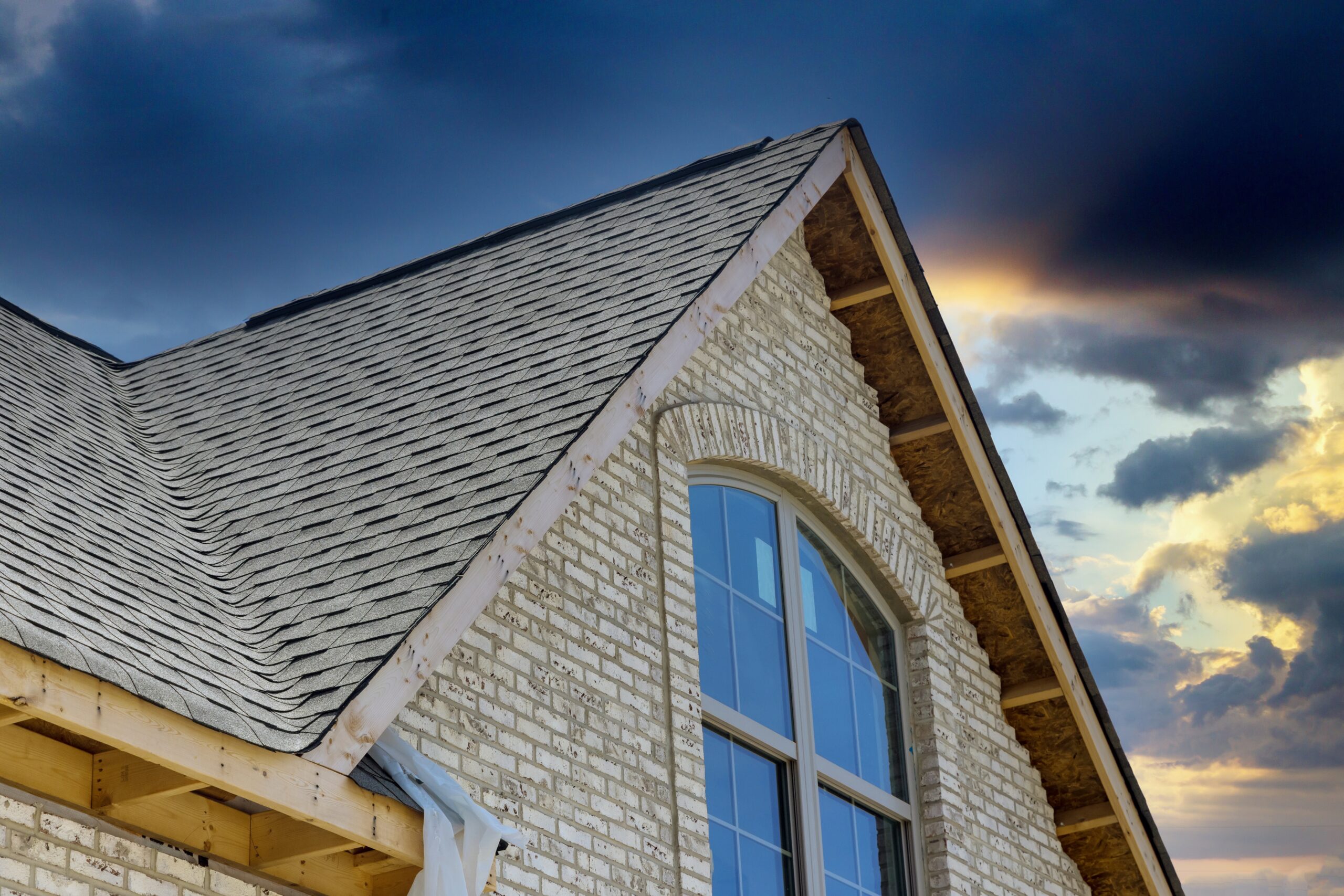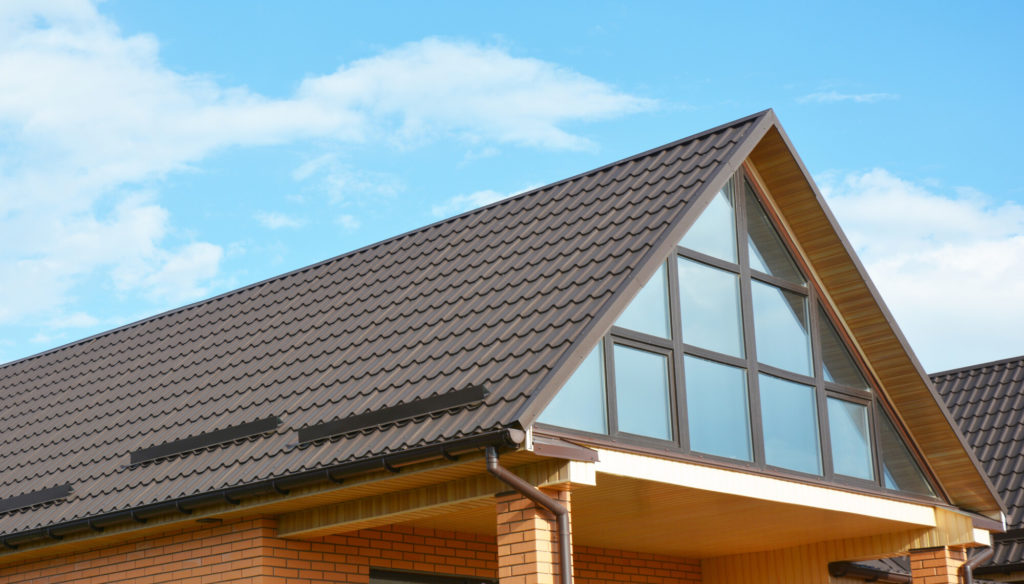
Asphalt vs. Fiberglass Shingles: A Comprehensive Comparison
When it comes to roofing materials, homeowners often find themselves choosing between asphalt and fiberglass shingles. Both are popular choices, but they have distinct characteristics that make them suitable for different needs and preferences. In this detailed blog, we’ll explore the differences between asphalt and fiberglass shingles, helping you understand which option might be the best for your roofing project.
Introduction to Asphalt Shingles
Asphalt shingles have been a staple in roofing for many decades. Known for their affordability and versatility, these shingles are made from a base mat coated with asphalt and topped with ceramic granules. The granules provide color and UV protection. There are two main types of asphalt shingles: three-tab and architectural. Three-tab shingles are more traditional and affordable, while architectural shingles offer a more dimensional and aesthetic appeal.

Advantages of Asphalt Shingles
- Cost-Effectiveness: One of the most compelling advantages of asphalt shingles is their cost. They are among the most affordable roofing materials available.
- Ease of Installation: Asphalt shingles are easier to cut and fit, making them a popular choice for roofing contractors. This ease of installation can also translate to lower labor costs.
- Variety of Styles: They come in a wide range of colors and styles, allowing homeowners to choose a look that complements their home’s aesthetic.
- Sound Dampening: Asphalt shingles provide better sound insulation compared to fiberglass shingles.
Limitations of Asphalt Shingles
While asphalt shingles are a popular choice, they have some limitations:
- Susceptibility to Weather Damage: They can be more prone to damage from extreme weather conditions like high winds or hail.
- Shorter Lifespan: Typically, asphalt shingles have a shorter lifespan than fiberglass shingles, often lasting 15 to 30 years.
Introduction to Fiberglass Shingles
Fiberglass shingles, a newer innovation, consist of a fiberglass mat, topped with asphalt and mineral granules. The key difference lies in the composition of the mat: fiberglass shingles use a woven fiberglass base mat, which requires less asphalt and makes the shingles lighter and more environmentally friendly.
Advantages of Fiberglass Shingles
- Durability: Fiberglass shingles are more durable and less prone to tearing compared to asphalt shingles.
- Environmental Impact: They require less asphalt in their construction, making them a more eco-friendly option.
- Fire Resistance: Fiberglass shingles have a higher fire rating than asphalt shingles.
- Longevity: They often come with longer warranties and have a longer lifespan, lasting up to 30 or more years.
Limitations of Fiberglass Shingles
Despite their advantages, fiberglass shingles have some drawbacks:
- Cost: They are generally more expensive than asphalt shingles.
- Brittleness in Cold Weather: In very cold climates, fiberglass shingles can become brittle and more prone to cracking.

Making the Right Choice
The decision between asphalt and fiberglass shingles depends on various factors, including your budget, climate, and aesthetic preferences. Asphalt shingles might be the right choice for those looking for a cost-effective and traditional look, while homeowners prioritizing durability, longevity, and eco-friendliness might lean towards fiberglass shingles.
Cost Analysis of Asphalt and Fiberglass Shingles for Different Home Sizes
When considering a roofing project, understanding the cost implications of both materials and labor is crucial. These costs can vary widely depending on the size of the home, the type of shingles used, and the region. Below, we delve into the cost details for both asphalt and fiberglass shingles for homes of different sizes.
Asphalt Shingles Cost
Asphalt shingles are popular due to their affordability. Here’s a breakdown of the costs for different home sizes:
- Small Homes (up to 1,500 sq ft):
- Material Costs: On average, asphalt shingles cost between $1.50 and $4.00 per square foot. For a small home, the total material cost can range from $2,250 to $6,000.
- Labor Costs: Labor for asphalt shingle installation typically costs between $1.00 and $1.50 per square foot. Thus, for a small home, expect labor costs to be between $1,500 and $2,250.
- Medium Homes (1,500 – 2,500 sq ft):
- Material Costs: For a medium-sized home, the material costs would range from $3,750 to $10,000.
- Labor Costs: Labor costs for this size of a home can range from $2,500 to $3,750.
- Large Homes (2,500+ sq ft):
- Material Costs: For large homes, the material costs could start from $6,250 and can go much higher depending on the exact size.
- Labor Costs: Labor for such homes can start at $4,000 and increase with the complexity and size of the roof.
Fiberglass Shingles Cost
Fiberglass shingles are a bit more expensive than asphalt due to their durability and longer lifespan.
- Small Homes (up to 1,500 sq ft):
- Material Costs: Fiberglass shingles cost about $2.00 to $5.00 per square foot. This puts the material cost for a small home between $3,000 and $7,500.
- Labor Costs: The labor cost remains similar to asphalt shingles, so between $1,500 and $2,250.
- Medium Homes (1,500 – 2,500 sq ft):
- Material Costs: For a medium-sized home, expect to pay between $5,000 and $12,500 for materials.
- Labor Costs: Labor costs would be in the range of $2,500 to $3,750.
- Large Homes (2,500+ sq ft):
- Material Costs: For large homes, the material costs start from around $8,000 and can increase substantially.
- Labor Costs: Labor for large homes can start at $4,000 and go up, similar to asphalt shingles.

Additional Considerations
- Geographical Location: Labor costs can vary significantly based on your geographical location. Urban areas generally have higher labor costs compared to rural areas.
- Roof Complexity: Costs can increase for roofs with more complex designs, such as those with multiple levels, steep slopes, or numerous dormers.
- Removal of Old Roofing: If the old roofing needs to be removed, this will add to the overall cost. This is typically charged per square foot.
- Season: The time of year can also affect pricing. Peak seasons may see higher prices due to increased demand.
Further Comparisons of Asphalt vs. Fiberglass Shingles
Beyond cost considerations, there are several other factors to consider when comparing asphalt and fiberglass shingles. These factors can significantly influence your decision based on your specific needs, climate conditions, and aesthetic preferences.
Weight and Structural Requirements
- Asphalt Shingles: They are generally heavier than fiberglass shingles. This can be an important consideration for homes with structural limitations. The added weight might require additional support or reinforcement, especially in older homes.
- Fiberglass Shingles: Being lighter, fiberglass shingles are easier on the home’s structural integrity. This makes them a suitable option for a wider range of homes, including those that cannot support heavier roofing materials.
Environmental Impact and Energy Efficiency
- Asphalt Shingles: They are less eco-friendly due to the higher volume of asphalt in their composition. This can also impact their energy efficiency, as they may absorb more heat, potentially increasing cooling costs in warmer climates.
- Fiberglass Shingles: With a composition that includes less asphalt, fiberglass shingles are more environmentally friendly. They are also often more energy-efficient, reflecting more heat and helping maintain more stable indoor temperatures.
Resistance to Elements
- Asphalt Shingles: While they are durable, asphalt shingles can be more prone to damage from extreme weather, such as high winds, hail, and rapid temperature changes. Over time, they may also be more susceptible to algae and moss growth.
- Fiberglass Shingles: They generally offer better resistance to harsh weather conditions. Their composition makes them less likely to warp or change shape in extreme temperatures. Additionally, many fiberglass shingles come with treatments that resist algae and moss growth.
Fire Resistance
- Asphalt Shingles: These shingles have a moderate fire resistance rating. While they are not highly flammable, they do not offer as much protection as fiberglass shingles.
- Fiberglass Shingles: They boast a higher fire resistance rating due to the fiberglass mat at their core. This can be a crucial factor in areas prone to wildfires or for homeowners who prioritize safety.

Aesthetic and Design Options
- Asphalt Shingles: They offer a traditional aesthetic and are available in a wide range of colors and styles, including three-tab and architectural varieties. However, they might lack some of the more modern or unique design options.
- Fiberglass Shingles: Fiberglass shingles often come in more varied and modern designs.
Maintenance and Repair
- Asphalt Shingles: They may require more frequent maintenance due to their susceptibility to weather damage and algae/moss growth. Repairs can be relatively straightforward but might be needed more often.
- Fiberglass Shingles: With greater resistance to the elements, fiberglass shingles generally require less maintenance. They are less prone to cracking and breaking, which can reduce the frequency of repairs.
The choice between asphalt and fiberglass shingles largely depends on budget, desired longevity, and aesthetic preferences. While asphalt shingles are more budget-friendly, fiberglass shingles offer greater durability and a longer lifespan, which might be more cost-effective in the long run. Always get multiple quotes from reputable contractors to ensure competitive pricing and quality workmanship. Remember, the cheapest option isn’t always the best in terms of quality and longevity.
If you’re looking to replace your roof we would love to help you get quotes from multiple reliable roofers in your area.

